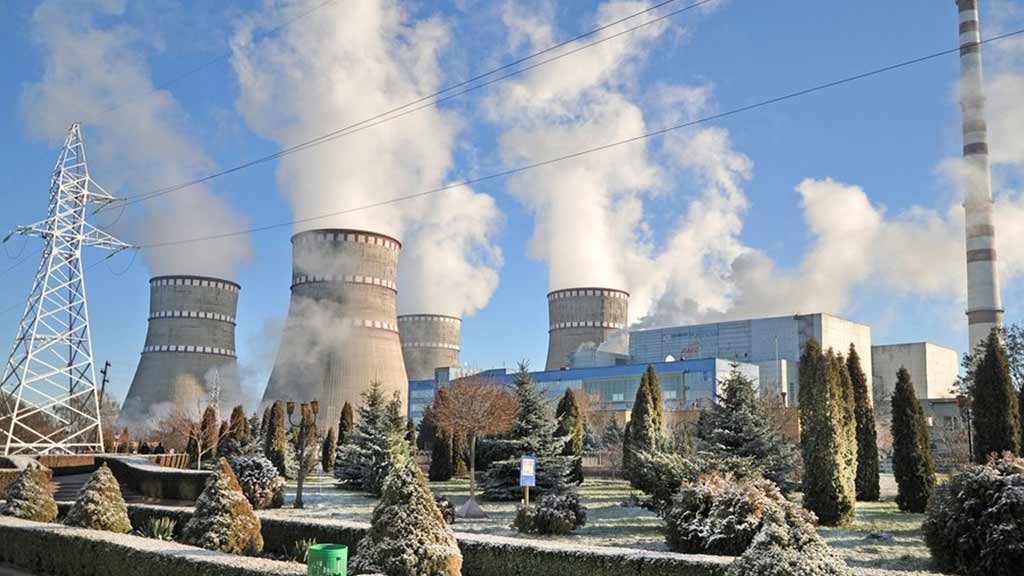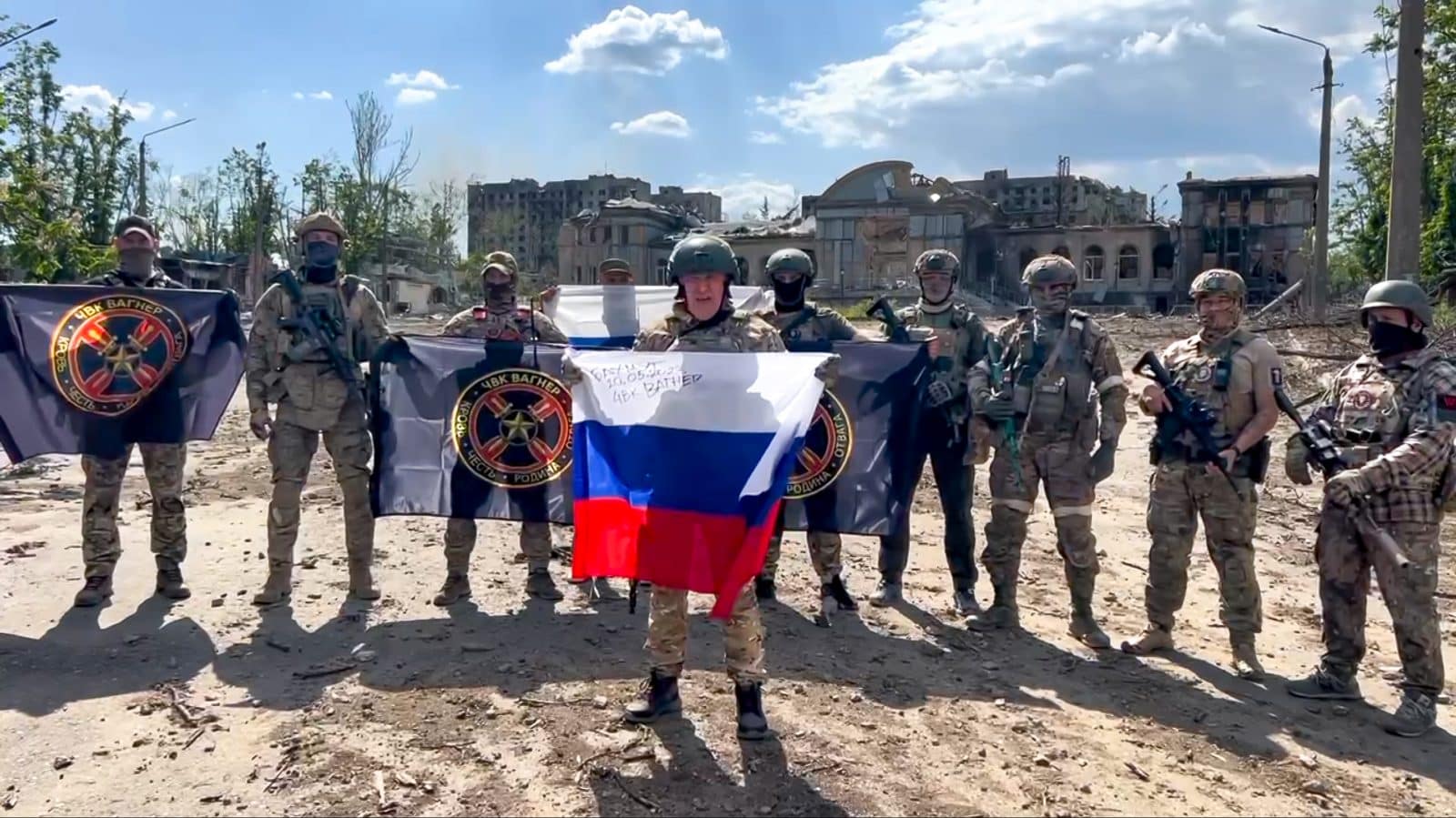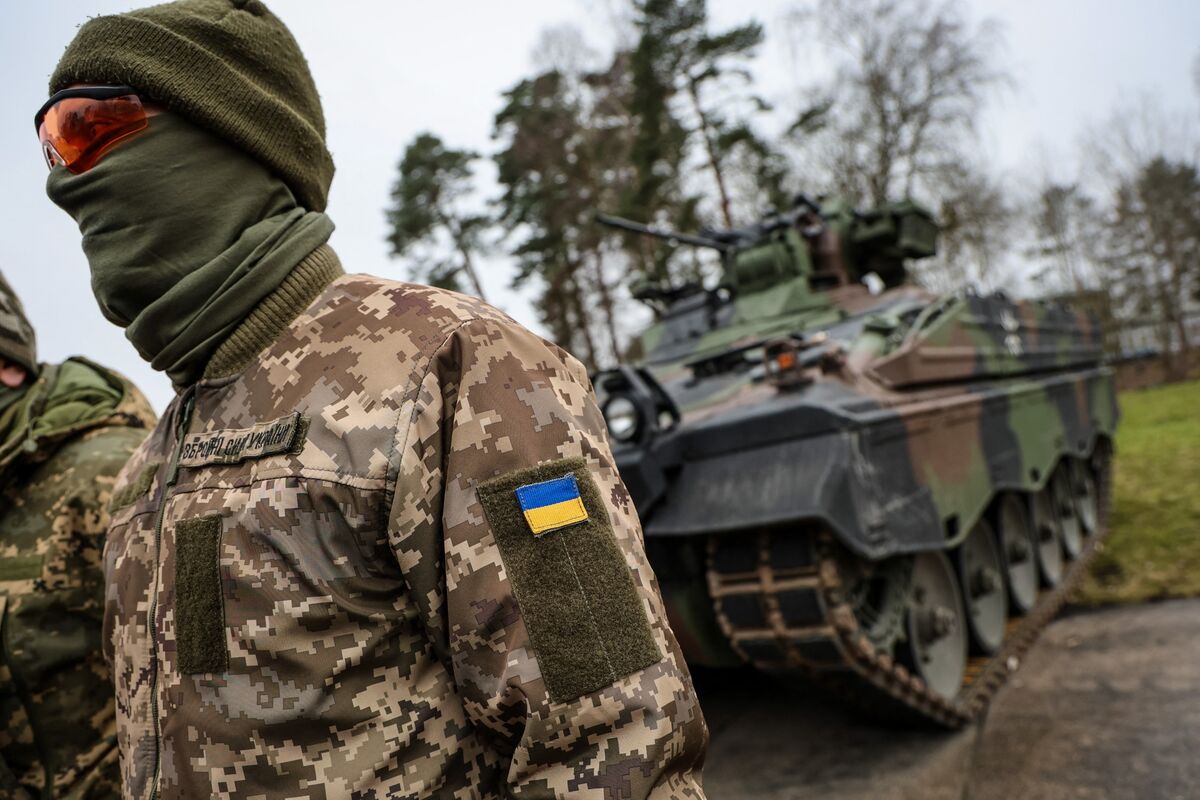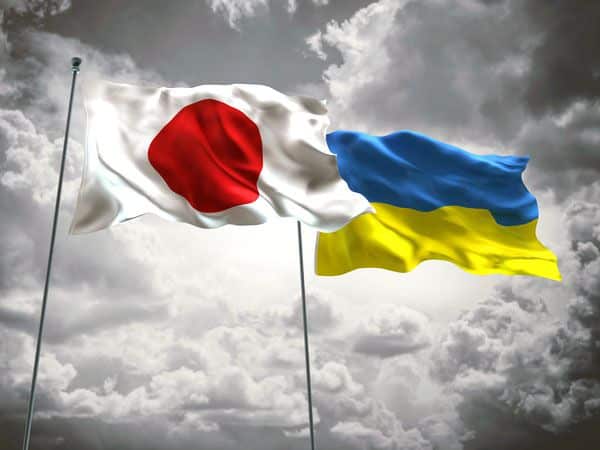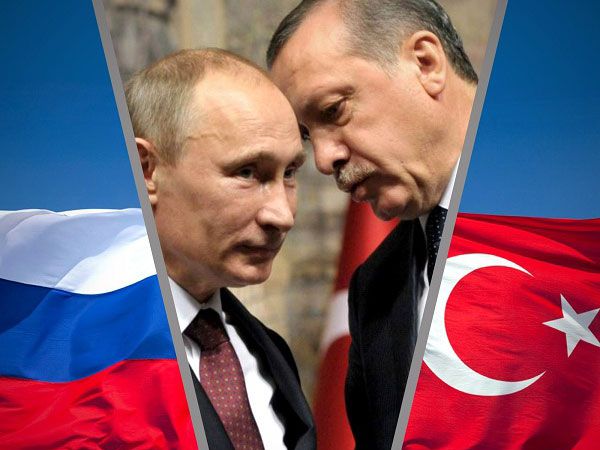Table of Contents
“On December 16, 2022, the “Russian House” in Ankara (Rus Evi Ankara) will host the opening of a photo exhibition of a member of the Civic Chamber of the Russian Federation, famous journalist Alexander Malkevich, “Liberated Territories. War and peace through the eyes of an eyewitness”. In 2022, as a war correspondent, he visited the territories liberated from Ukrainian fascism (it all started with a week-long trip to Mariupol in June, and then he worked for more than four months in the Kherson, Zaporizhzhia and Kharkiv regions, as well as in the Luhansk and Donetsk People’s Republics (LPR/DPR) and became the author of a series of unique photo reports.”
This announcement welcomes the followers of the Facebook page of the Russian Embassy in Ankara and the social network “Russian House”.
See also: Will Turkey be able to take advantage of the weakening of Russia?
The promotion of Russian state ideology in Turkey has significantly intensified in recent years. And if we do not take measures in response, it can become a significant problem for Turkey itself and its relations with partners.
Therefore, it is worth taking a closer look at how Russian propaganda works in Turkey and who contributes to it.
From matryoshka dolls (Russian nesting dolls) to nuclear power plants
The aforementioned “Russian House” is the official name of the foreign offices of Rossotrudnichestvo (Federal Agency for the Commonwealth of Independent States Affairs, Compatriots Living Abroad, and International Humanitarian Cooperation), the key and best-funded state institution of Russian cultural diplomacy.
Although, it would be naive to believe that only diplomats work there.
See also: Anatomy of rashizm: how the undefeated totalitarian legacy became a countdown to Putin’s Russia
Officially, the main areas of work of the “Russian House” in Ankara, as well as in other countries of the world, are the popularization of Russian culture, work with “compatriots” and humanitarian aid.
However, in practice, “humanitarian aid” often turns out to be fundraising for the murder of Ukrainians.
And cultural events in the host country turn into undisguised propaganda of Russian aggression.
For example, the current head of the Turkish representative office of “Rossotrudnichestvo” – Alexander Sotnichenko, while still an associate professor at St. Petersburg University in 2014 called for raising money to finance militants in the so-called “DPR/LPR”.
Sotnichenko was appointed to the post of “host” of the “Russian House” in 2021, apparently as a reward for the successful academic and professional activities of Turkologist-Eurasian.
Given that he is fluent in Turkish and has experience as a “first secretary” at the Russian Embassy in Ankara, the choice is absolutely logical and even successful for Russia.
The same cannot be said about Turkey, which is becoming increasingly vulnerable to Russian propaganda and influence operations.
Sotnichenko’s appointment as head of the “Russian House” in Ankara coincided with a general change in the leadership of “Rossotrudnichestvo”.
Since 2020, it has been headed by Yevgeny Primakov, the full namesake and grandson of another Yevgeny Primakov, an Arabist-orientalist who at various times headed the Russian government, the Russian Foreign Ministry, the USSR Central Intelligence Service, and the Russian Foreign Intelligence Service.
Therefore, in recent years, the concept of the “Russian House” in Turkey has undergone significant changes. As part of the “rebranding”, the new leadership decided to abandon the “traditional Balalaika diplomacy” (the former style of work of the Russian Cultural Center – ed.), replacing it with more sophisticated, targeted, and therefore more effective content.
According to Aleksandr Sotnichenko, the new priorities in the work of the “Russian House” should be the fight against traditional stereotypes in the Turkish perception of Russia as a country of bears, balalaikas [a Russian stringed musical instrument with a characteristic triangular, wooden, hollow body, fretted neck and three strings – ed.], available women and men-alcoholics, as well as the presentation of Russia as a country of nuclear technologies, advanced defense, high-tech solutions, and attractive business partnership.
“For a long time, “Rossotrudnichestvo” did not have a clear concept of activity. The work was mostly limited to interaction with compatriots and teaching the Russian language. In my opinion, more attention should be paid to the dissemination of knowledge about modern Russian culture, science and education,” Sotnichenko said in one of his first interviews.
In particular, he called for special attention to be paid to the promotion of such branded Russian projects in Turkey, as the Akkuyu Nuclear Power Plant, and the Yandex search system.
See also: The biggest geopolitical scam of the 20th century: why Russia’s influence in the UN is baseless
“In Turkey, few people have any idea what a nuclear power plant is, what are the principles of its operation, how it differs from a nuclear bomb, and what is the level of its safety for the environment, – quite rightly notes the head of the “Russian House” in Ankara. So far, very little is known in Turkey about new Russian technologies, which are widely used in everyday life. For example, people here are surprised to learn that Yandex is a Russian company, although it provides many services in Turkey”.
Yandex is still the second largest search system in the country, with 11.5% of the market. A recent study by the CEPA [Center for European Policy Analysis – ed.] clearly defined the role of the “Russian Google”:
“Despite efforts to stay out of politics, Yandex remains an integral part of state propaganda. After the full-scale invasion of Ukraine, the ex-head of Yandex.Novosti [news – ed.] called the platform a key element “in hiding information about the war.” Yandex removes from search results information dangerous to the image of the Kremlin, and transfers personal data at the request of the authorities”.
In Turkey, in addition to the search system, Yandex is active in the fields of e-commerce, GPRS navigation, mobile applications and advertising. After closing the office in Istanbul in 2020, Yandex continues to provide services to Turkish customers from Moscow.
From Fyodor Dostoevsky to Darya Dugina
Another important activity of Russian “cultural diplomats” in Turkey is to provide a new interpretation of Russian-Ottoman history in order to “overcome historical enmity”, and “provide a solid foundation for future cooperation”.
The year 2022 marks 530 years since the establishment of diplomatic relations between the Russian and Ottoman Empires.
And this is a good reason to convince the Turks that 12 Russian-Ottoman wars and century of rivalry for access to the “warm seas” are nothing more than a manifestation of “love in Russian” from the series “If he beats you, it means he loves you”.
Public (media, expert, scientific and any other) diplomacy aimed at discrediting Ukraine and the West, as well as promoting Eurasian and anti-American narratives, remained unchanged in the activities of the “Russian House” in Turkey. As well as the constant feeding of ideas about “great Russian culture”, opera, ballet and literature, of which, however, only the top three are known in Turkey: Leo Tolstoy, Fyodor Dostoevsky and Anton Chekhov.
Perhaps that is why the photo exhibition of the documented crimes of the Russian Federation in the occupied territories of Ukraine in the “Russian House” will be accompanied by a speech of the Turkish writer about Dostoevsky and the commemoration of the deceased Darya Dugina.
It was she, together with her father Alexander Dugin, who for a long time provided the Eurasian front in Turkey.
And they were helped to promote the ideas of the “post-Western world order” by the Turkish Eurasians from Dogu Perinçek’s marginal party “Vatan”. The son of the latter, Mehmet Perinçek, in numerous interviews and publications, mentioned his “childhood friendship” with the deceased and did everything to ensure that Turkish society clearly knew who was “guilty” of her death.
“CIA games! The USA has revealed Ukraine again: Ukraine is behind the death of Darya Dugina” – reported the most modest of the headlines of the Turkish far-right and left-wing media the day after the incident.
Such activity of “Rossotrudnichestvo” workers should not be surprising.
Turkey remains almost the only country in the civilized world ready to maintain contacts with the Russian regime.
To a large extent, this is possible due to the constant fanning of anti-Western sentiments in society.
It is also clear that the diplomatic status and immunities do not allow the Turkish authorities to directly intervene in the situation, and respond to Russian provocations on the territory of the “Russian House” or the diplomatic mission itself, as, for example, it was with the hanging of banners with landscapes of the occupied Crimea on the fence of the embassy.
However, as President Erdogan himself has repeatedly noted, now is the time to strengthen the fight against external influences and disinformation, which in the modern world has turned into a key threat to security.
It is in the interests of Ankara to take the necessary measures to counter Russian information operations now.
Especially, considering that the “Russian peace” in Turkey is growing rapidly.
In August, the TurkStat (Turkish Statistical Institute) reported that Russians bought an average of more than 1,000 apartments per month. However, after the announcement of mobilization in the Russian Federation, the demand increased significantly.
According to Turkish law, the purchase of real estate worth at least $75 thousand entitles foreigners to apply for permanent residence for up to two years, while foreigners who pay $400 thousand or more for real estate are eligible for citizenship.
According to the Turkish Ministry of Internal Affairs, as of November 3, 2022, Russian citizens ranked second in the number of foreign residents living in Turkey on long-term and short-term residence permits.
This means not only revenues to the Turkish state budget but also the threat of the offensive of the “Russian peace”.
The offensive, which is evidenced by the opening of new Russian schools, cultural associations and centers of “compatriots” in big cities such as Istanbul or Antalya.
The extent to which Turkey is ready for such deep penetration of “great Russian culture” into its society, which is quite vulnerable to external influences, remains an open question.
Originally posted on European Pravda. Translated and edited by Yeva Fedoriv for the UaPosition – Ukrainian news and analytics website
See also: War for the Arctic or energy sabotage: why Russian spies have become more active in Norway

